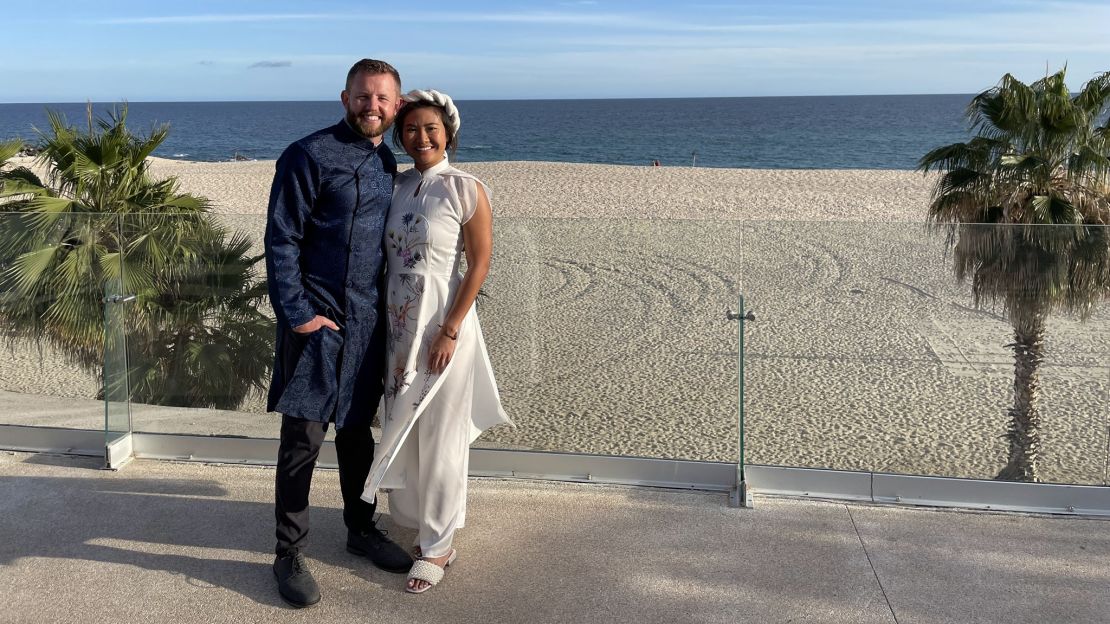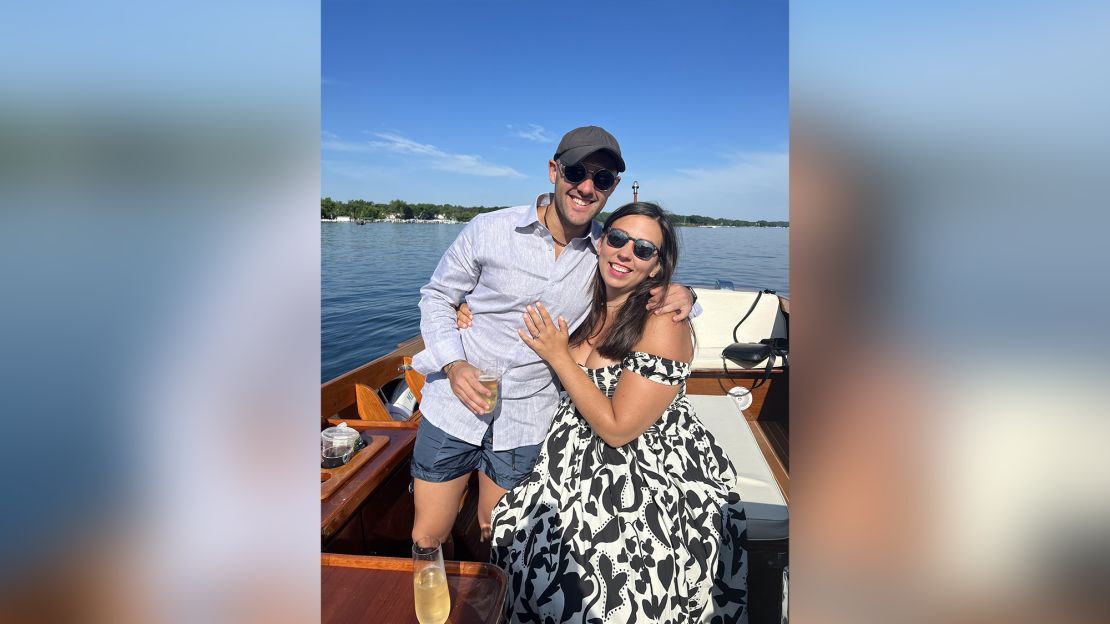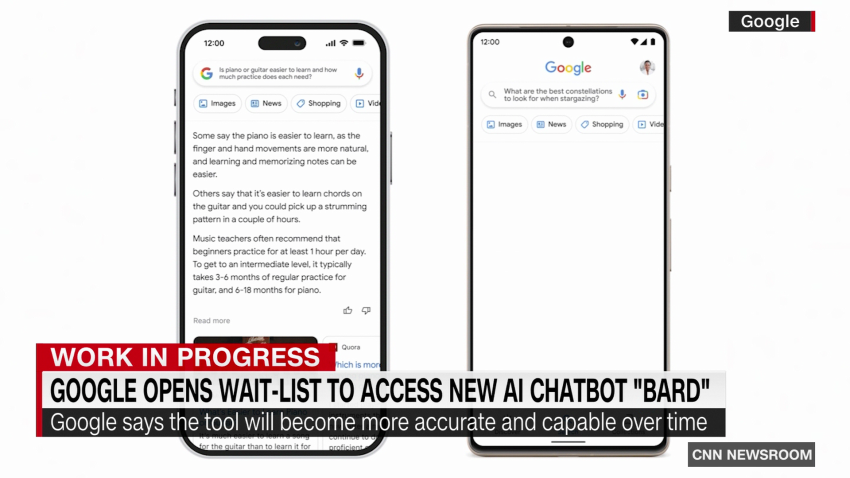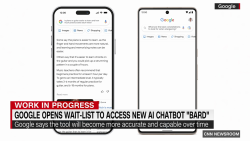When Elyse Nguyen was nearing her wedding date in February and still hadn’t started writing her vows, a friend suggested she try a new source of inspiration: ChatGPT.
The AI chatbot, which was released publicly in late November, can generate compelling written responses to user prompts and offers the promise of helping people get over writer’s block, whether it be for an essay, an email, or an emotional speech.
“At first we inputted the prompt as a joke and the output was pretty cheesy with personal references to me and my husband,” said Nguyen, a financial analyst at Qualcomm. “But the essence of what vows should incorporate was there – our promises to each other and structure.”
She made edits, changed the prompts to add humor and details about her partner’s interests, and added some personal touches. Nguyen ultimately ended up using a good portion of ChatGPT’s suggestions and said her husband was on board with it.
“It helped alleviate some stress because I had no prior experience with wedding vows nor did I know what should be included,” Nguyen said. “Plus, ChatGPT is a genius with alliteration, analogies and metaphors. Having something like, ‘I promise to be your partner in life with the enthusiasm of a golfer’s first hole in one’ in my back pocket was comical.”
Nearly five months after ChatGPT went viral and ignited a new AI arms race in Silicon Valley, more couples are looking to it for help with wedding planning, including writing vows and speeches, drafting religious marriage contracts, and setting up websites for the special day.

Ellen Le recently created some of her wedding website through a new Writer’s Block Assistant tool on online wedding planning service Joy, which was one of the first third-party platforms to incorporate ChatGPT’s technology. (Last month, OpenAI, the company behind ChatGPT, opened up access to the chatbot, paving the way for it to be integrated into numerous apps and services.)
Le, a product manager at a startup, said she used the feature to draft an “about us” page and write directions from San Francisco to her Napa Valley wedding. The Writer’s Block Assistant tool helps users write vows, best man and maid of honor speeches, thank you cards and wedding website “about us” pages. It also lets users highlight personal stories and select the style or tone before pulling it into a speech.
“I started drafting my vows and when I typed in how we met, it produced this very delightful story,” Le said. “Some of it was inaccurate, making up certain details, but it gave me a helping hand and something to react to, rather than just spending 10 hours thinking about how to get started.”
Le said her fiance, who often uses ChatGPT for work, is considering using AI to help with his vows too.
Joy co-founder and CEO Vishal Joshi, who studied artificial intelligence and electrical engineering at NIT Rourkela in India, said the company launched Writer’s Block Assistant in March after it conducted an internal study that found most of its users were somewhat overwhelmed with getting started on writing vows and speeches, and wished they had help. He said the company has already seen thousands of submissions since launching the tool.
“Almost two decades ago, AI enthusiasts like myself and my research peers had only dreamt of mass market adoption we are seeing today, and we know this is just the true beginning,” Joshi said. “Just like smartphones, if applied well, the positive impact of AI on our lives can far outshine the negatives. We’re working on responsibly innovating using AI to advance the wedding and event industry as a whole.”

ChatGPT has sparked concerns in recent months about its potential to perpetuate biases, spread misinformation and upend certain livelihoods. Now, as it finds its way into marriage ceremonies, it could raise more nuanced questions about whether people risk losing something by injecting technology into what is supposed to be a deeply personal and, for many, spiritual moment in life.
Michael Grinn, an anesthesiologist with practices in Miami and New York, was experimenting with ChatGPT when he asked it to produce a traditional Ketubah – a Jewish marriage contract – for his upcoming June wedding.
Grinn and his fiance Kate Gardiner, the founder and CEO of a public relations firm, then requested it make some language changes around gender equality and intimacy. “At the end, we both looked at each other and were like, we can’t disagree with the result,” he said.
Editing took about an hour, but it still shaved hours off what otherwise could have been a lengthy process, he said. Still, Grinn plans to write his own vows. “I want them to be less refined and something no one else helped me with.”
He does, however, plan to use ChatGPT for inspiration for officiating his best man’s wedding. “It mostly comes down to time because I’ve been working so much,” he said, “and this is so efficient.”


























